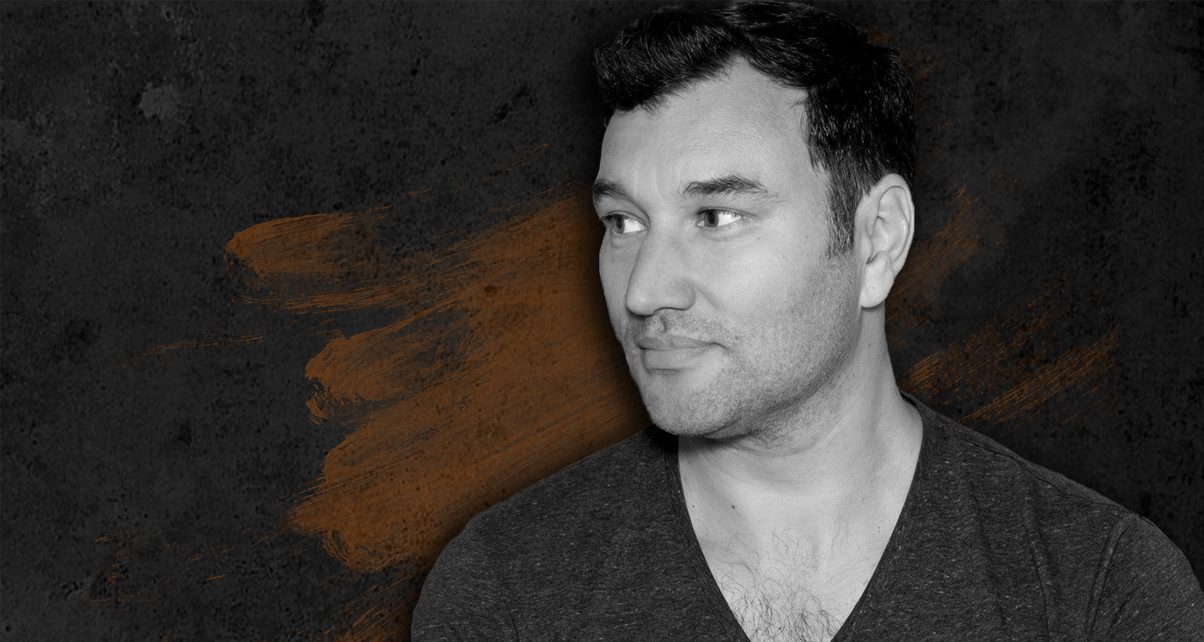
Do you realise that the electronic music that we all love is in a bit of a crisis right now? Maybe you’ve sensed a decline in the quality of the tunes you play recently, or heard producers bemoaning the lack of payment for sales and plays of their music.
I wonder if you ever thought that you may be part of the problem?
Hold that thought for a second. Meanwhile, you may be interested to know that sales, streams, and song plays nowadays can increasingly be measured, wherever they happen, and that there are people actively working to make sure that happens accurately. Why? Because once that’s in place, those numbers can be converted into payment for the producers.
So before we move on to how you may be contributing to the problem, and how you can help, let’s look a bit more closely at what’s got us into the state we’re in now…
What’s the problem?
While digital has led to a huge rise in piracy (we know that, of course), the crisis of getting cash to the people who make the music is deeper than that. Even when money does change hands, the way producers and songwriters get paid is broken. Money flows almost by default towards Top 40 and mainstream radio.
We all know, of course, that there is a world of difference between say commercial pop and underground techno, and most of us accept happily that there’s a place for both (and indeed for all musical genres). But the way the music industry reward system is currently set up tends not to see that distinction. Fees dues to producers often flow to the biggest names rather than the small guys.
That’s bad because it strangles creativity, which means that the choice of great music is ultimately reduced – an irony in this world of supposedly near-infinite digital choice.
How to fix it

Luckily, as I alluded to above, good things are happening behind the scenes to try and fix this. I recently spoke to Mark Lawrence of the Association for Electronic Music (AFEM), who talked me through the association’s mission to revolutionise the way all producers, composers and artists are paid, right down to single plays of tunes wherever in the world they’re played and however many units the producer has sold. In other words, fair rewards for all.
It’s an exciting and ambitious goal, but I asked Mark for practical, actionable things we can all do in the meantime to help protect the scenes we love, scenes which provide so many great tunes for us to DJ with.
Mark gave me three elementary things that any DJ, however big or small, can do right now. You may not be able to do all of these but if you can do just one or two of them, you can help make a difference. Or to put it another way, if you actively do the opposite – well, you know…
3 things you can do to help
- Think twice before you steal music – If the money isn’t put into the system in the first place, the ends stops there. From peer-to-peer websites to dodgy WhatsApp lists to full-blown piracy websites, there are countless ways to steal music nowadays – and they all affect directly the quality of the music that gets made, because the less a producer earns, the less time they can spend making great music
- Use licensed sites for streaming your DJ mixes – Mixcloud has a legal licence. Dubset, a legal streaming technology, is coming to several services, including Apple Music and Spotify. If you upload your set to anywhere else, it is illegal – period. (If you can set your mix to be available for download, that’s definitely illegal.) Use legal services, and the right people get paid
- Report your setlist / give it when asked – You may never be asked to do this, but if you are, do! This is crucial, because it means the fees that the venues you play in have to pay anyway (to get their public music performance licences) actually gets paid to the people who made the specific tracks you play. To put it another way, if you play tracks from producers you love, but don’t do everything you can to report your setlist, there’s a real risk those fees will go to someone like Phil Collins instead…
Finally…
Be under no illusion that there isn’t a problem, or that there’s nothing you can do to help. Along with the work of people like AFEM, we can all do our bit. We all love this industry, and we are all in it for love of the music, so let’s try and make a difference.
Are you a producer who struggles to get paid? Are you a DJ who is happy to report your setlists when you DJ, and buy all your music legally? Or do you think all music should be free, and don’t see what the fuss is? Please share your thoughts in the comments.








![Returning To DJing After 40 Years! Best DJ Gear? [Live DJing Q&A With Phil Morse] Returning To DJing After 40 Years! Best DJ Gear? [Live DJing Q&A With Phil Morse]](https://cdn.digitaldjtips.com/app/uploads/2023/09/14185712/back-mix-WEBSITE.jpg)